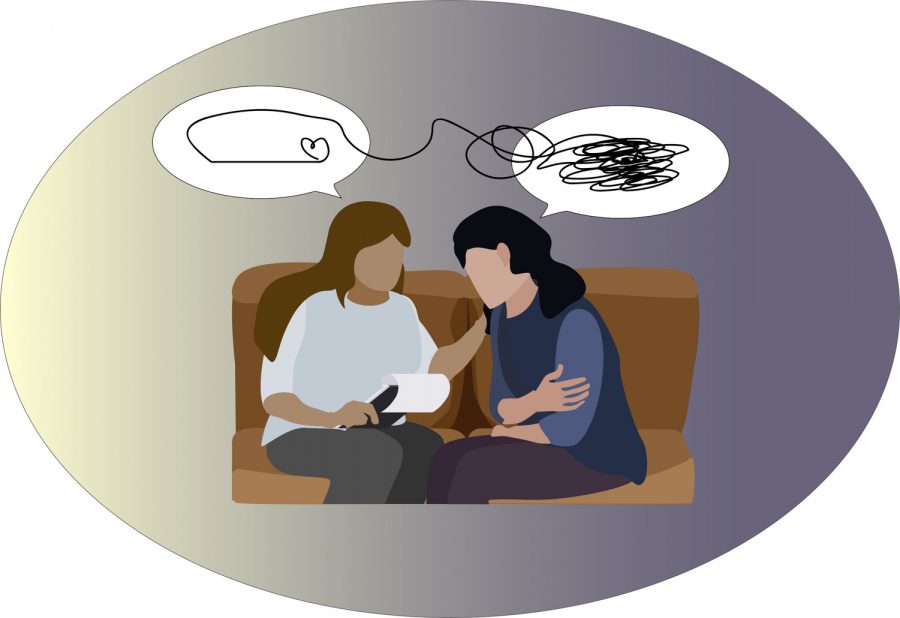Pullman mental health resources help students following shooting
CAPS, Palouse River Counseling are both available for those who need support
CAPS and Palouse River Counseling offer mental health resources for students who are struggling with anything, including the recent shooting in Pullman.
September 27, 2021
For students struggling with the shooting that occurred over the weekend — or anything else — there are mental health professionals available to help.
CAPS
The first step at Counseling and Psychological Services is to call and set up an initial consultation appointment, CAPS Associate Director Loren Brown said. This is a 25-to-30-minute meeting with a clinician, such as a mental health counselor.
CAPS does same-day appointments, meaning students should call in the morning to make an appointment for that day. This is the procedure because providers want to make sure they are not booking too far in advance, CAPS Director Jennifer Ellsworth said.
“It helps us to have the appointments available when a student wants the appointment. Rather than scheduling at first three weeks out and hoping that it still feels relevant, they can call and get the appointment at the time they feel like they need it,” Ellsworth said.
At this meeting, the student and clinician discuss what has been going on and resources that may help the student, Brown said.
The clinician may refer the student to programs within CAPS, such as group counseling or a workshop. They may refer the student to individual counseling or something outside of CAPS, like the medical clinic or other external resources, he said.
CAPS offers a unique service called biofeedback. A student can schedule a biofeedback appointment to get information from their body’s physiological responses, Brown said.
They could have a device measuring their hand temperature, sweat gland activity or heart rate. From there, students can look at their results on a computer. This allows them to see how their body responds to stress and relaxation techniques, Brown said.
There are resources for students who are in crisis as well. If the person is in crisis during business hours, they can call CAPS and ask for a crisis appointment, Brown said.
If the crisis is happening outside of business hours, students can call the after-hours crisis line at 509-335-2159 or the National Suicide Prevention Lifeline at 800-273-8255, Brown said. If a student is more comfortable with texting, text “HOME” to 741741.
Some students may be worried they are waking up a mental health counselor whose turn it is to staff the after-hours crisis line, he said.
“I always assure students that’s not the case. It actually is routed to a call center that’s staffed by mental health counselors that Washington State University contracts with, so you’re not bothering someone,” Brown said. “It’s their job to answer the phone.”
CAPS has lots of different support groups available to students after they have completed an initial counseling appointment. This includes survivors of interpersonal violence, social anxiety group therapy and living with depression, according to the CAPS website.
The group counseling topics are decided by what the CAPS staff identifies as a need, Brown said.
Palouse River Counseling
Palouse River Counseling has an assortment of different services including counseling for all ages, crisis services, prescribing medications and substance-use treatment, PRC Executive Director Mike Berney said.
For those that come to PRC struggling with substance use, they will first have an evaluation to get to know more about them and their history. From there, a provider creates a treatment plan, Berney said.
If a student does not want to go to CAPS for some reason, PRC is an option for them to look into, he said.

















